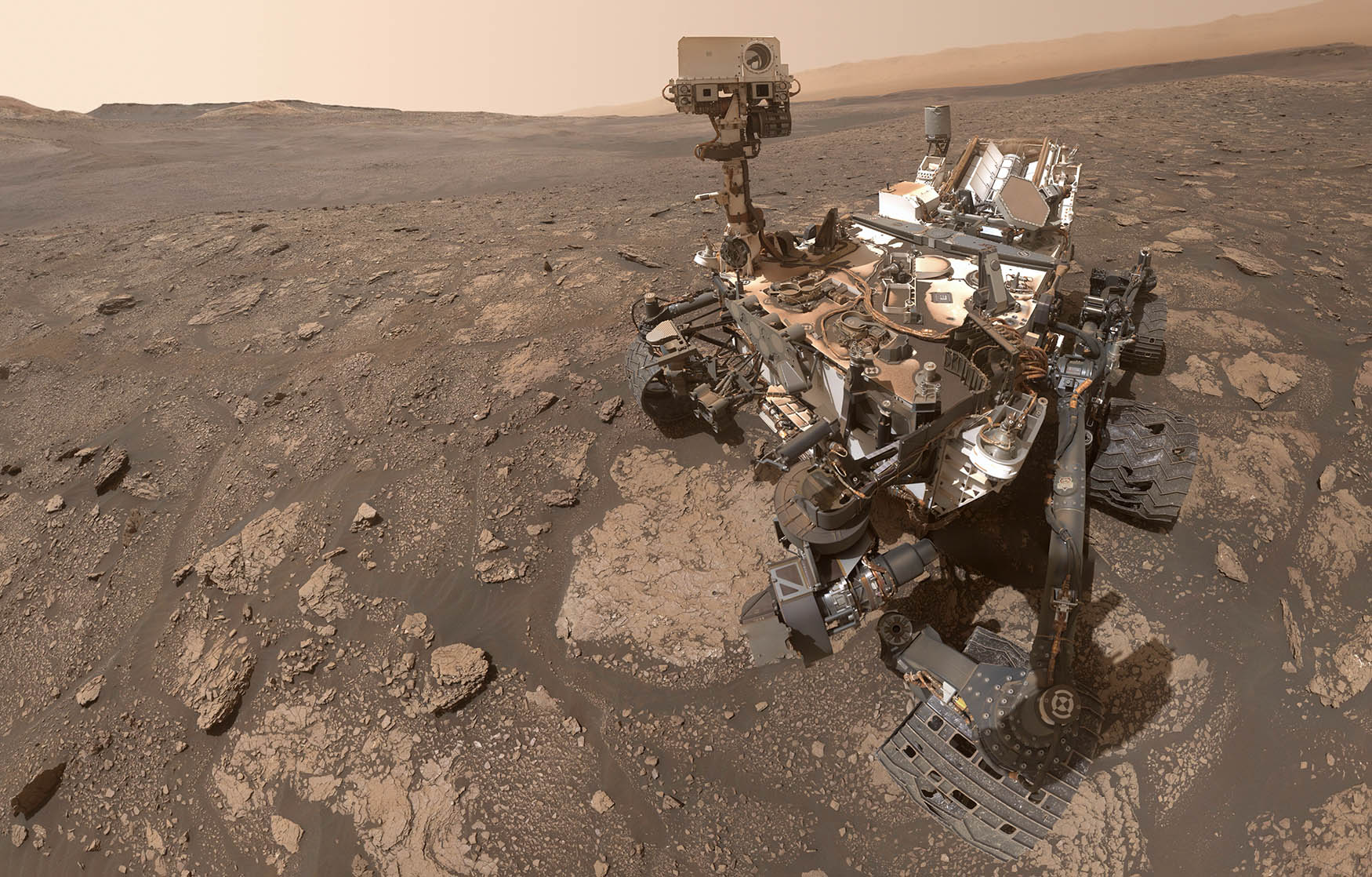The surface of Mars is a frigid and hostile place, but it wasn’t always like that. In fact, NASA has found several pieces of evidence that suggest our neighboring Red Planet might have once been primed to support life, with liquid water spreading across its surface. That’s because ancient regions on Mars show clear signs of abundant water—one of the most important features needed to support life on a planet. But why is Mars so dead? Well, we might finally know why.
According to data captured by NASA’s Curiosity rover, the isotopic composition of carbon-rich minerals found in a crater on Mars could help us better understand why the planet’s climate has changed so much. That data, which was gathered in the Gale crater, shows that an extreme amount of evaporation is likely the cause of Mars’ hostile and waterless surface.

This is a possibility that many scientists have tossed around for years now, but having a more consistent reason to explain—with evidence as well—why Mars is so dead will undoubtedly help push new research on the topic further in the future. In fact, with NASA planning a manned mission to Mars at some point and the Mars Sample Return still in the works in some fashion, scientists are chomping at the bits to learn more about the Red Planet and its history.
And so far, Curiosity and Perseverance—both NASA-run rovers—are helping us learn a lot. In fact, the new paper that the researchers published this month talks more specifically about carbonates found in the Gale crater and how those carbonates likely formed through a series of wet-dry cycles within the crater. The second type of carbonate, the paper claims, was likely produced by very salty water under cold, ice-forming conditions, as well.
Considering Mars is already known for its cold climate, it really isn’t unexpected to learn that the planet was likely cold before it became such a dead, hostile world, too. And as I said, these climate scenarios have been proposed before. However, this new data at least provides even more scientific evidence to help support those possible theories, NASA says.








